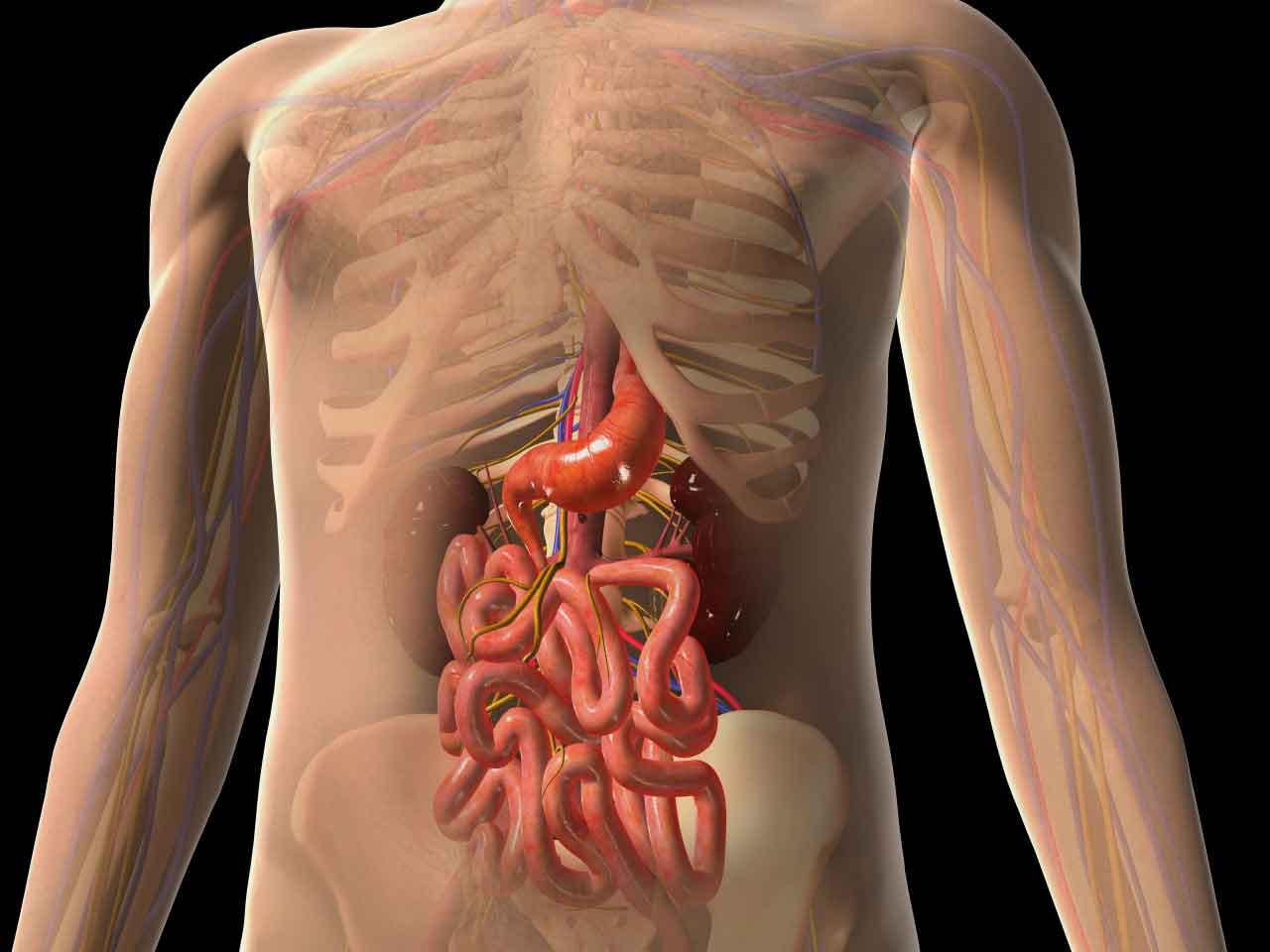
13 Foods for Constipation
Fight your constipation naturally with this list of 13 foods to keep you regular. Fill up with these fiber-rich foods daily to keep things moving.

Your brain gets a steady stream of information from your intestinal tract, where you digest food. What you eat can definitely affect your mood. Learn more here.

Salmonella, the second leading cause of foodborne illness that affects millions of Americans every year, usually comes from eating raw or undercooked food.

The 100 trillion microbes that live within your digestive system may be related to many illnesses that affect your brain. Here’s what you should know.

Diverticulitis occurs when the wall of your colon becomes infected or inflamed. A fiber-rich diet may help you control symptoms. Here are foods to avoid.

People with inflammatory bowel disease don’t get enough advice about foods that would help them. As many as half of such patients say they don’t have that talk with their doctors.

A dry cough may not be a cold or the flu but inflammation in your esophagus. You may have gastroesophageal reflux disease (GERD). Here’s what you should know.

Constipation can result from a medical problem but, most often, it’s caused by lifestyle — especially diet. Foods that cause constipation are often the culprit.

You feel stomach pain, then you’re running to the bathroom. The next day you’re sitting there for too long. You could have irritable bowel syndrome (IBS).

What we eat can affect the composition of our microbiome — tiny microorganisms like bacteria — and our health. A handful of healthy almonds each day might make for a healthier gut.

In general, plant foods help keep the balance of microbes in your gut healthy and promote diversity. Their fiber content can help protect you against many diseases.

Celiac disease is more than sensitivity to gluten. It’s a serious disorder that damages your small intestines and can block your body from absorbing nutrients.